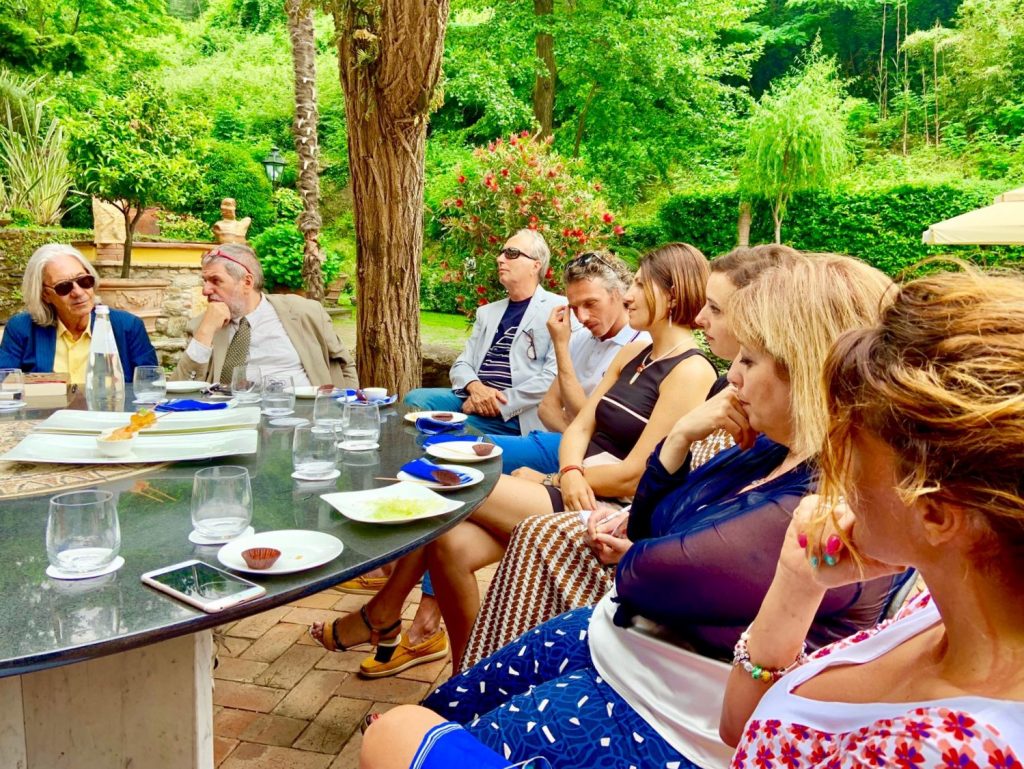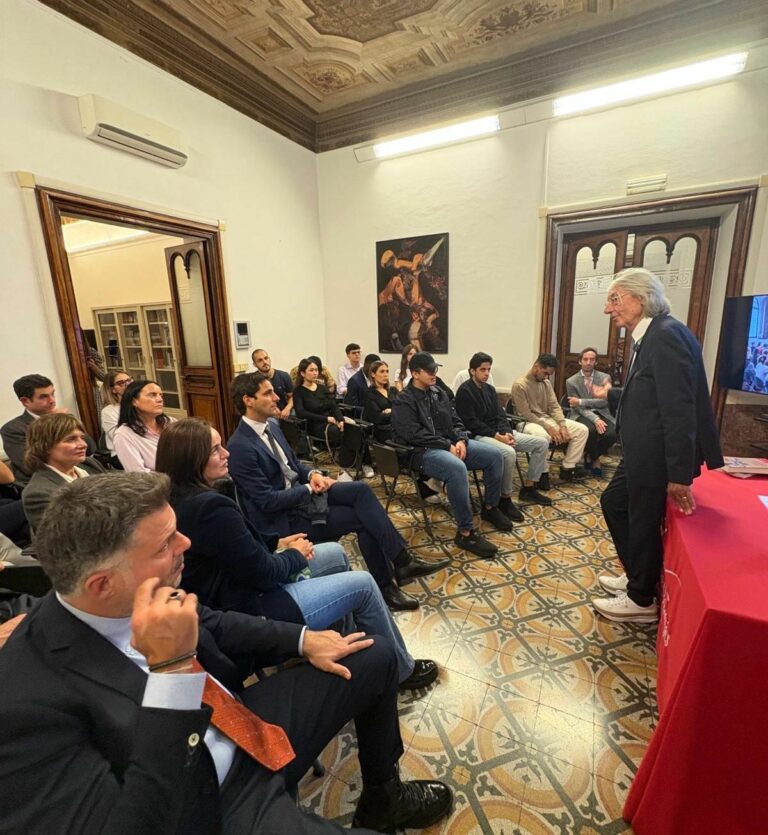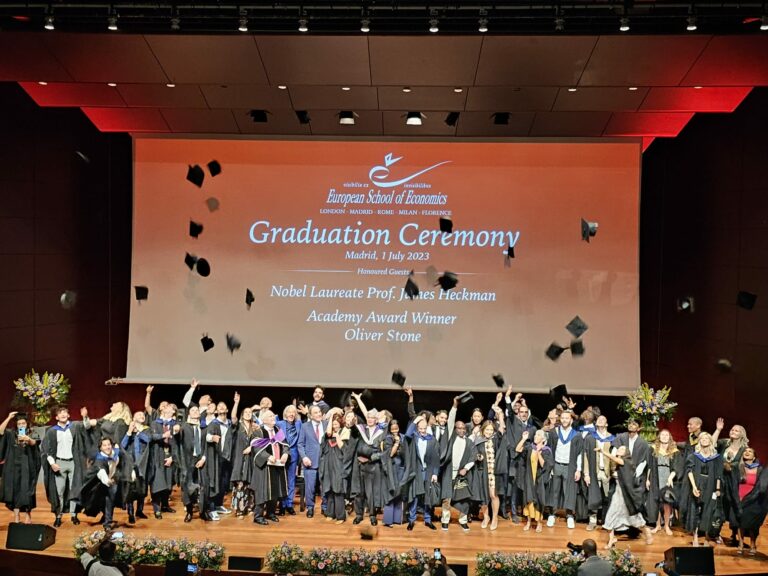Physical Energy and Power of Doing
How can we produce and manage the necessary energy?
Science knows how to calculate the energy required to lift a certain weight or to move a table. It can tell us how many calories are needed and which foods and in what quantities we must eat them. But we still do not know where energy comes from and how to collect and manage it to carry out more complex and more truly human functions and what the secret of their interaction is.
Tommaso Campanella wrote “The City of the Sun” in the most terrible conditions of imprisonment and in the lives of each of us we can see how joy, enthusiasm, aspiration, optimism, positivity multiply our ability to turn obstacles and difficult conditions into opportunities.
But how can we produce and manage the necessary energy?
It is certain that while we can double the number of meals or sleeping hours without increasing, or even reducing, the creative ability and the balanced mental and emotional reaction, we can also observe that an emotion, for example, can multiply many times over physical strength, endurance and a man’s effort. The highest energy seems to arrive in support of physical and motor functions but, conversely, coarse energy cannot provide propulsion to the intellectual and emotional centres except for a short time, and by poisoning them and flooding them.
That is what happens when you try, as is often the case, to resolve with food or sleep situations that need to be addressed with energy that those foods cannot produce properly. The result is obesity and inertia in the place of creativity, intuition and willpower.
To understand the true extent of the range and complexity of human nutrition in relation to the production of energy we need to acknowledge the existence of an invisible, but vitally important, food. A “thin” food made of perceptions, sensations and emotions that include beauty, rhythm and poetry among the truly human foods.
In an age and society like ours, where food for dogs and cats has reached such a high level of quality and sophistication in the ingredients and presentation, you need to give a new definition to what really is food for man.
This awareness could revolutionise the conception of human food that can no longer simply be limited to production, preparation and eating.
In fact the restaurants for a still semi-animalistic humanity, at the dawn of consciousness, have always existed and the recent expansion of fast food, mass catering, has only modernised the look, streamlined the organisation and exaggerated the features.
And so we can understand that, as well as the vanity of fashion, having a rest in a room of an elegant Hotel or dinner at a great restaurant, well served, wrapped in impressions, feelings and perceptions of quality, they are adding a valuable food, invisible but concrete, which completes and integrates the sleep and food, to restore us completely.
Therefore the human organism is a laboratory that continually refines and transforms the external nutritive material, from coarser to finer, to get the different qualities of propellant to distribute to the various centres that need them to operate.
Understanding how the human machine works, the production and management of energies (we can now use the plural) it needs, is essential for anyone who wants to govern their own lives and the lives of other men.






